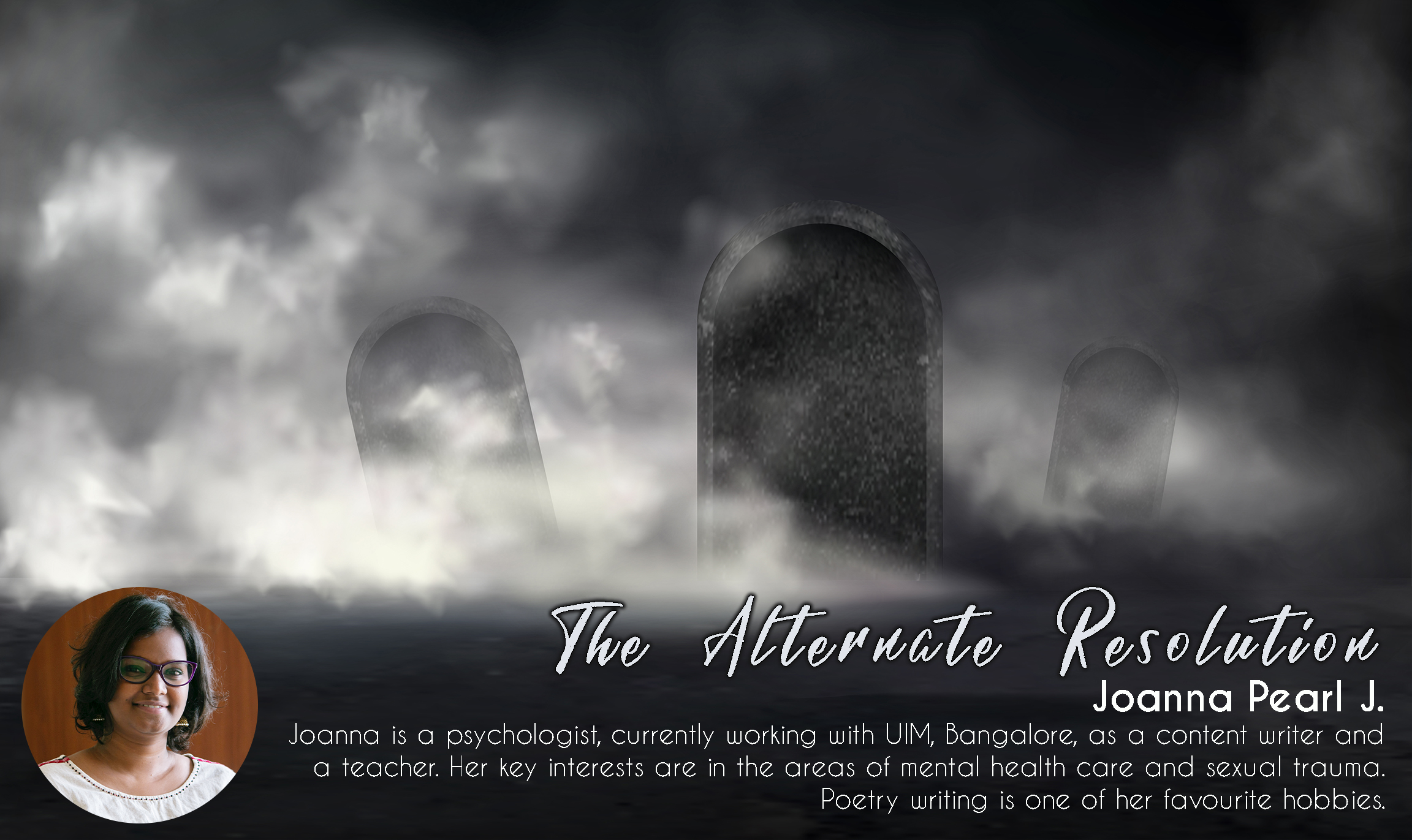
To lose a dear one to death.
The grief it brings, the vacuum it creates, the questions that come storming, the anger that surrounds the loss. The inexhaustible sorrow that can weigh us. The bitterness with life that can suck joy out of every comfort. Loss leaves us feel dead and sometimes make us wish we traded places with dead. Nuances of grief. Some weighed upon by it so heavily succumb to a kind of death, where we exist but can’t live. When burying those dead, the alive go down with them, their hopes and dreams get buried too- The living dead
The language of loss.
A heart mangled by loss, may feel beyond mortal remedy.
Yet, the life of this woman bloomed again, when death knocked her home, not once but thrice. Grief the unexpected yet inevitable guest visited her too soon and took much- left tombstones in return for her family.
A family of four in the interest of better survival and sustenance migrate to a prospective country, Moab. Bethlehem, the home country was to become a distant memory. Several sceptical advice may have surrounded their decision of immigration. Mostly reiteration of the curse that was on Moab. On the scales of comparing outcomes: The famine and poverty lost to the curse of Moab due to its wickedness.
The family decided to move. They soon made a home. Invited two new brides for their two sons into to their home. When all was well, death visited them. The rolling boulder of grief crushed the men of their lives. Three dead husbands, three widows. One grieving mother crushed thrice. Three caskets were three stories that were to dictate three other stories of the living.
Naomi persuades Orpah and Ruth her daughter-in –laws to return to their own families while she decided to return to her home country. Orpah complied not Ruth. Ruth held on to her mother-in-law and followed her to Bethlehem. Their journey back home was welcomed quite gladly. The news went around “Naomi is back!”
The welcome was a salt to her wound, because the narrative of her story was a tragedy that left her empty and “Bitter.” She hoped her grieving years would soon end in finding a casket of comfort of her own. Because she believed that the primary theme of her story was endless grief.
This was as long as she thought she was the author of her life story.
When God intervened in the stories of Ruth, Naomi and Boaz, he was not merely bringing resolution to their individual crisis. God was looking far and beyond and above their personal crisis- he was plotting a world sized resolution. God used their individual crisis as an instrument to accomplish His purposes- Redemption of Mankind (Obed, Naomi’s grandson gets to be the grandfather of King David and Naomi got to be the great grandmother of King David and Jesus too)
When faced with personal crisis, conflict, grief, loss and struggle, it is our nature to make ourselves to be the centre of our narrative. The pressure of being the central character in our own life stories could be the most despairing place to be when the platter of pain is served.
The truth to freedom is that, our stories are not entirely ours. We are not the script writers or directors of our lives either. It is God’s story captured in bits and pieces of our stories. When we attempt to be resolution of our crises we enthrone ourselves presuming abilities and attributes that is beyond human. We may lose ourselves in the endless cycle of effort and stability.
The Alternate Resolution? When we trust and acknowledge as many times it takes that our stories are God’s stories, His stories unfold all through our lives- in all circumstances.
The Messiah was the greatest resolution of Naomi, Ruth and Boaz’ stories- and for rest of the world. They were the living characters embodying God’s story.
The cross still stands as our only resolution in life and in death. When the bitter waters of Mara erode us from the outside each day. We are offered the fountain of life and living waters, the hope for all our sorrows, the comfort of all comforts. No! We do not pretend to be well and happy when we are not, we do not resign life and merely exist. But we grieve authentically, lament honestly and fall apart confidently knowing we are not the central piece holding our story together- but it is Christ who tasted suffering and death by choice and came out victorious. We may feel buried in the caskets of our sorrows, but remember the resurrected Christ was once buried too. This is our hope- that God’s stories are always themed Redemption!
“I cry aloud to God,
aloud to God, and he will hear me.
In the day of my trouble I seek the Lord;
in the night my hand is stretched out without wearying;
my soul refuses to be comforted.
When I remember God, I moan;
when I meditate, my spirit faints. You hold my eyelids open;
I am so troubled that I cannot speak.”
–Psalm 77:1-4
